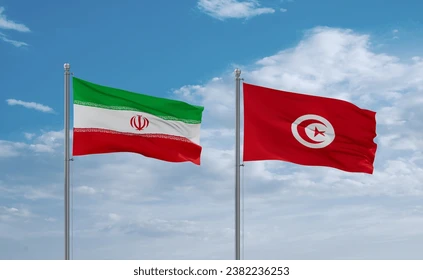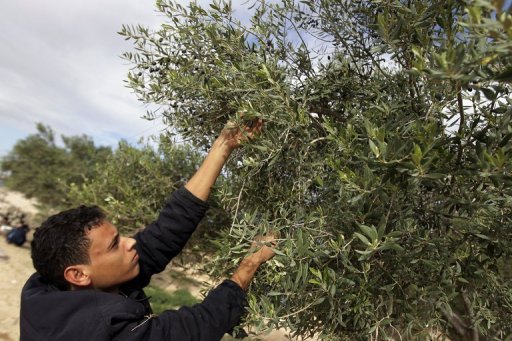Tunisia’s president seems to be courting Iran, in a shift that risks further isolating the cash-strapped country.
Once an advocate of the two-state solution to the Palestinian-Israeli conflict, Tunisia under president Kais Saeid has made a U-turn surfing on the anti-Jewish rhetoric of its mentor Algeria and following a foreign policy current that threw it in the arms of Iran.
Saied was the first Tunisian president to visit Iran last week, as part of a regional tour that also led him to China, while shunning gulf states.
While the Arab Summit in Tunisia reiterated support for the two-state solution in 2019, Kais Saied vowed in his presidential election to oppose normalization with Israel, an act he described as high treason.
After becoming kingmaker in the country by suspending parliament and destroying checks and balances, Saied said that Palestinians should rule over “all Palestine” and described Hamas October 7 attacks as “legitimate resistance.”
On October 11, Tunisia put its reservations to a joint statement urging a halt of all attacks on civilians by Israel and Hamas and calling for a two-state solution.
In the OIC summit in Banjul, Tunisia objected to back the two-state solution putting a reservation that advocates: “an independent state on the entire territory of Palestine with Al-Quds Al-Sharif as its capital.”
This position which runs against international efforts by Arab and Muslim states as well as the West to end bloodshed in the Middle East has earned Saied’s Tunisia further isolation.
Sharan Grewal, a Brookings research fellow cites unnamed U.S. State Department officials saying they were highly concerned that Saied had become “an outlier in the region,” no longer supportive of a two-state solution.
Against this backdrop, Saied’s quest for closer ties with Tehran could be understood as an attempt to join like-minded authoritarian leaders with a theological worldview.
Iran’s supreme leader praised Saied’s “anti-zionist position,” with Saied adding that the Muslim world needed to breakaway with its “passive position.”
The newfound Tunisian-Iranian ties offer a boon for Iran which looks for a foothold in north Africa and seeks cracks in the Arab edifice.
As Tunisia heads to insolvency, the president took solace in populism taking aim at Israel to win support at home at the expense of alienating the west. Tunisia, due to its internal multi-pronged crises, needs allies who can help it redress and improve its social and economic outlook. Yet, Isolated Saied prefers rhetoric and sides with Iran, which has promised but radicalism and mayhem in the Middle East seeking to export its religious revolution.
Scrapping the two-state solution, means war! More carnage and suffering by innocent children, women and the elderly.



